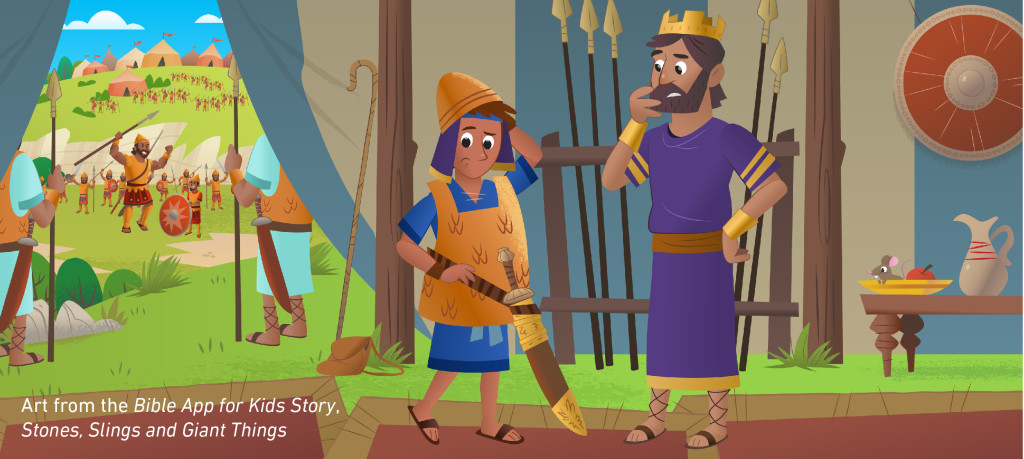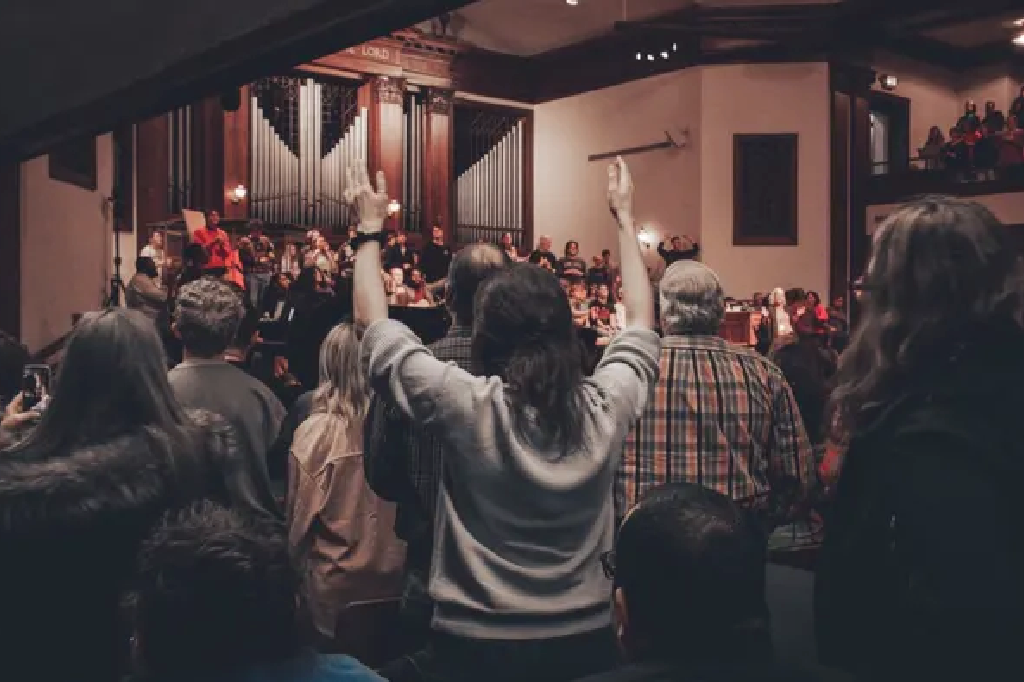I just turned 50.
But I don’t feel it. I think it’s because I regularly and intentionally hang out with 20-year-olds. Here’s why: if you love culture, then you love 20-year-olds. They have more wisdom than teenagers and are inherently in tune with the culture.
Not only is it energizing to be around twenty-somethings, it’s critical to gaining insight on how to remain relevant with the next gen crowd.
In our fast-changing world, the next generation is the only one that will be able to reach their next generation. Think about that for a minute and imagine the chasm we risk creating by failing to firmly position the next domino.
If you’ve been called to ministry, remaining relevant isn’t an option—it’s a requirement. Otherwise, you risk not only fruitless striving but also losing a generation.
The next generation is always going to be our greatest mission field. There will be an endless struggle to figure out how to bridge the gap from one era to the next.
Let’s take a quick look at two main characteristics of our current “next generation,” the Millennials, and see if we can extract ways to leverage their uniqueness as strengths for the Kingdom. They know how best to reach their peers and will be responsible for advancing the Gospel to ensuing generations.
CAUSE-ORIENTED
While the battle rages on over whether Millennials are more “Generation We or Generation Me,” the bottom line is that they are an extremely cause-oriented generation.
The “Cone Millennial Cause” study found that just over 80 percent of survey respondents volunteer. Indicative of this involvement is the fact that Millennials possess a strong desire to positively affect change. Sixty-one percent are worried about the state of the world and feel personally responsible to make a difference.[1]
Let’s show them how important it is to be the Church. As the Bride of Christ, we inherently carry on His cause—the noblest cause of all time—the redemption of humanity and creation. To be the Church means to be a community of hope. What could be more exciting than inviting Millennials to a place where they can truly make a positive and lasting difference in the world?
NARCISSISTIC
Millennials—whether they like it or not—carry the label of “egotistical.” Stereotyped with an attitude of, “I want to, let me, I can do that.”
The story of David and Goliath illustrates the redeeming point of this distinctive.
Despite his young age, David had an illustrious battle record to his credit—having killed both a lion and a bear by hand. So when he volunteered to go fight a giant, aggressive Philistine warrior, David had never sounded more like a Millennial, “I want to, let me, I can do that!”
Saul gives his permission but saddles young David with his armor and his weapons, advising the young upstart to fight the giant Saul’s way.

David didn’t need the encumbrances of Saul’s “old way” of fighting. He only needed permission to do what he knew how to do, the way he knew how to do it.
And while it seemed insane to Saul and everyone else for David to use stones instead of full armor and a sword, the kid had his own experiences and encounters with God to draw from, giving him full assurance of how and what to do. And he succeeded.
Can you see where I’m going?
As controversy mounts over the number of young people un-affiliating or walking away from Christianity, we might think that culture is winning over our young people. The culture has studied them, it knows them, and it knows how to attract them.
Are we, Church, studying our young people? Listening to them, getting to know them, and inviting them in a language they can understand to be a part of something bigger than themselves or the culture at large?
If you’re not sure, maybe you need to invite some 20-year-olds over for Sushi and tune in. Learning about culture as they know it is key to remaining relevant in the world they live in.
You should also read:
I also highly recommend this brand new book on courage from Mike Rakes: Slings and Stones: How God Works in the Mind to Inspire Courage in the Heart
![Slings and Stones-July9[1]](https://robhoskins.onehope.net/wp-content/uploads/2015/07/Slings-and-Stones-July91-194x300.jpg) Slings and Stones looks at the classic underdog story of David and Goliath to help you see that you can be like young David, who defeated his giant. You can deconstruct the negative thoughts and attitudes that have infiltrated your mind, face down your giants, and triumphantly take hold of God’s plan for your life.
Slings and Stones looks at the classic underdog story of David and Goliath to help you see that you can be like young David, who defeated his giant. You can deconstruct the negative thoughts and attitudes that have infiltrated your mind, face down your giants, and triumphantly take hold of God’s plan for your life.




